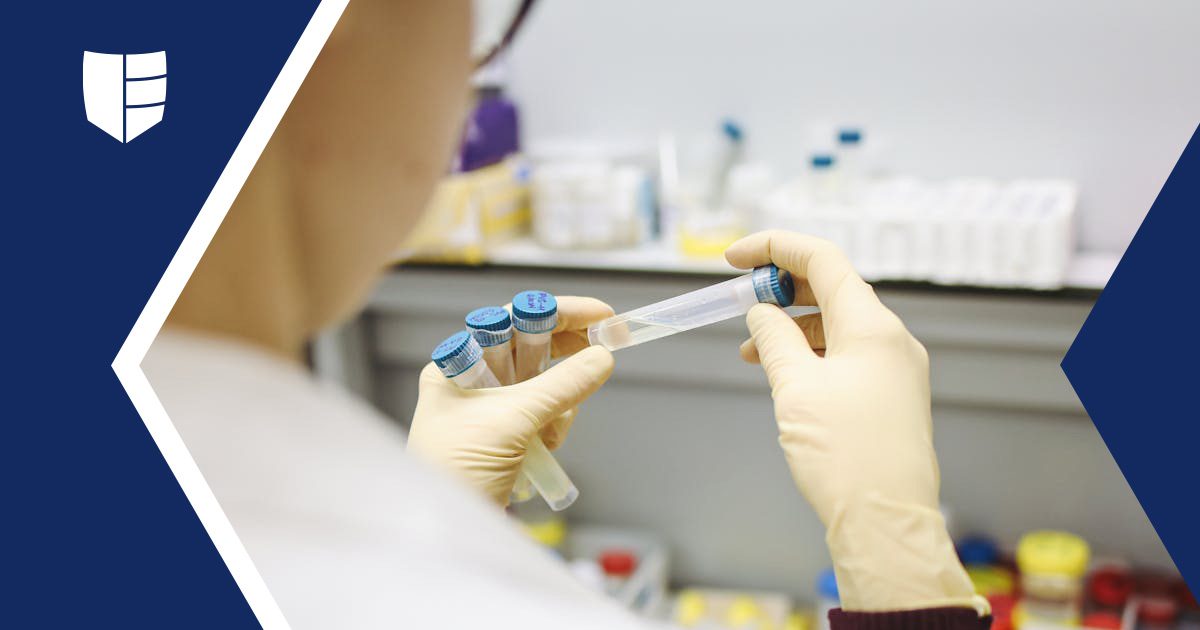Medical malpractice cases are some of the most challenging legal battles a person can face. When you or a loved one has suffered harm due to a doctor’s mistake, you need proof.
That proof needs to come in the form of solid, expert-backed evidence and testimony showing that a healthcare provider’s actions (or inactions) led to your injury. In these instances, you need expert witnesses to support your claims. Their testimony can mean the difference between winning and losing a case.
Let’s look more at the role of expert witnesses in medical malpractice cases.
Why Medical Experts Are Needed
When a doctor, nurse, or hospital fails to meet the standard of care and causes harm to a patient, that is medical malpractice. Unfortunately, proving that a healthcare provider gave substandard care is never easy. And this is where a medical expert can help with your claim.
Every medical procedure, diagnosis, and treatment comes with some level of risk. Not every bad outcome is the result of negligence. If you want to win a case, you need to establish four key elements:
- A doctor-patient relationship: You have to show that you had an established professional relationship with the healthcare provider, and that they were responsible for your care. It can’t merely be a passing association.
- A breach of duty: There needs to be evidence that the provider failed to meet the standard of care expected from any other medical professional with the same level of training and understanding.
- Causation: Some demonstration that this failure directly caused your injury.
- Damages: You have to show the physical, emotional, or financial harm you suffered as a result.
Proving those four elements can be a challenge.
Why?
The average person, and even most attorneys, aren’t medical experts who understand how the human body is supposed to work and what can cause adverse harm. For this reason, you will want to have a medical professional explain these elements to a judge or jury.
How Experts Help in Your Case
Legal action against medical professionals is common, but you must still prepare for the upcoming battle. According to the American Medical Association (AMA), about 31.2% of physicians had been sued for negligence or error in 2022.
When dealing with a medical malpractice case, you’re up against a system designed to protect doctors, hospitals, and insurance companies. The defense often argues that your outcome was just an unfortunate medical complication, not malpractice. This is why medical experts become invaluable. They bring objective clarity to medical issues.
Expert witnesses help to establish what should have happened, where mistakes were made, and how those mistakes led to harm. Their testimony can be the key to proving your case and securing the compensation you deserve.
Let’s take a closer look at medical experts’ role in medical malpractice claims.
Defining the Standard of Care
One of the first things a medical expert does is explain what a competent doctor would have done in your situation. Medicine is very specialized. Many times, different conditions require different approaches. For example, a heart surgeon would follow very different protocols than an ER doctor treating a stroke patient. Your expert witness needs to be well-versed in these standards to show where mistakes may have happened.
Identifying Medical Mistakes
Once the expert has defined the standard of care, they review the details of your treatment to show where something went wrong. This often involves:
- Examining medical records
- Reviewing test results
- Looking at physician’s notes
- Analyzing hospital protocols
They can pinpoint where the mistake happened, whether it was a misdiagnosis, a surgical error, a medication mistake, or a failure to act quickly enough in an emergency. These details prove that a medical provider did not just make an innocent mistake but deviated from what a competent professional would have done.
Connecting the Mistake to Your Injury
Even if a doctor made an error, the defense may argue that your condition would have worsened anyway. For this reason, you need to show causation. This is a direct link between the provider’s negligence and your injury.
In many claims, this is one of the toughest parts of a malpractice case.
A medical expert witness can use their experience to explain how different actions or inactions led to your injuries. For example, a neurologist might show that if a stroke had been treated more quickly, a patient wouldn’t have suffered permanent paralysis.
Proving that your outcome could have been better with proper care can be challenging without expert testimony.
Show the Full Extent of Your Injuries
A medical expert does more than prove a malpractice occurred. These professionals also help explain the consequences. This includes:
- The physical toll, such as chronic pain, disability, or the need for future surgeries.
- The emotional impact, including anxiety, PTSD, or loss of independence
- The financial burden, such as future medical costs, lost wages, or long-term care needs
Often, this testimony is needed to secure fair compensation.
Testifying in Court
If your case goes to trial, your medical expert will need to take the stand. Their job is to present their findings in a way that makes sense to a jury, who often have no medical background.
A good expert witness does not use complex medical jargon. Instead, they break it down into understandable language. They walk the jury through medical records, use visual aids, and answer tough questions from the defense.
Since the defense will likely have its own medical experts trying to dispute your claims, having a strong, credible expert on your side can be a game-changer. Medical malpractice cases are high-stakes battles requiring more than personal testimony or legal arguments.
Without a qualified medical expert, proving negligence can be nearly impossible. Their knowledge, experience, and ability to communicate medical facts clearly and compellingly can make all the difference.
If you believe you’ve been a victim of medical negligence, the Law Offices of Justin R. Boland, PLLC, can help you take those next steps for your case.

